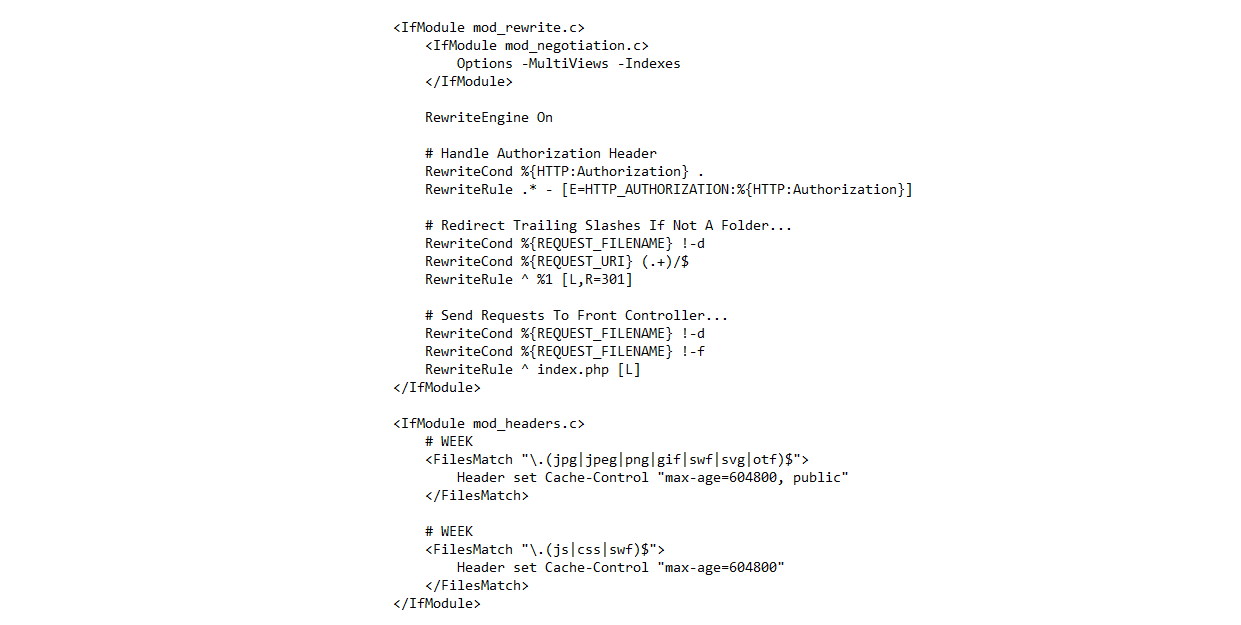Laravel withSum() with Where Condition: Aggregating Related Models with Filtering

In Laravel, the withSum() method provides a convenient way to aggregate related models' data. It allows you to calculate the sum of a specific column across related models. Additionally, you can apply a where condition to filter the results before performing the aggregation. In this tutorial, we will explore how to use the withSum() method in Laravel with a where condition. By the end of this guide, you'll be able to perform filtered aggregations on related models in your Laravel applications.
Step 1: Define Eloquent Relationships
First, ensure that you have established the appropriate Eloquent relationships between your models. For example, let's consider a scenario where you have a "User" model that has many "Orders" associated with it. Define the relationship in your User model:
use Illuminate\Database\Eloquent\Model;
class User extends Model
{
public function orders()
{
return $this->hasMany(Order::class);
}
}
Step 2: Perform Filtered Aggregation with withSum()
To perform a filtered aggregation on related models, you can use the withSum() method in combination with a where condition. For instance, let's calculate the sum of the "amount" column for orders that have a status of "completed". In your controller or query builder, use the following code:
use App\Models\User;
$usersWithTotalAmount = User::withSum(['orders' => function ($query) {
$query->where('status', 'completed');
}], 'orders.amount')->get();
In this example, we use the withSum() method and pass an array where the key represents the relationship name ('orders') and the value is a closure that defines the where condition. The 'orders.amount' parameter specifies the column to be summed.
Step 3: Access the Aggregated Data
The $usersWithTotalAmount variable now holds a collection of User models, each with an additional 'orders_amount_sum' attribute representing the sum of the 'amount' column for the filtered orders.
To access the aggregated data, iterate over the collection and retrieve the 'orders_amount_sum' attribute:
foreach ($usersWithTotalAmount as $user) {
$totalAmount = $user->orders_amount_sum;
// Do something with the total amount
}
You can then perform any desired actions with the aggregated data, such as displaying it in your views or performing further calculations.
The withSum() method in Laravel allows you to perform filtered aggregations on related models by applying a where condition. By following the steps outlined in this tutorial, you now have the knowledge to leverage the withSum() method to calculate the sum of specific columns across related models while filtering the results.
Experiment with different relationships, where conditions, and column selections to suit your application's requirements. Laravel's Eloquent provides powerful tools for working with related data and performing data aggregations efficiently.
Happy aggregating related models in Laravel!
Categories : Laravel
Tags : Laravel Laravel 10 withSum() method Eloquent relationships filtered aggregations data aggregation in Laravel

Abhay Dudhatra
0 Comments
Related Articles
Access Prev Next Post Navigation from Laravel Blad...
 By Praful Sangani -
July 21,2022
By Praful Sangani -
July 21,2022
Laravel 8 Custom User Login and Registration Examp...
 By Praful Sangani -
July 19,2022
By Praful Sangani -
July 19,2022
How to Generate QR Code in Laravel 9 Example
 By Praful Sangani -
July 21,2022
By Praful Sangani -
July 21,2022
Categories
Laravel
48React
17CSS
4jQuery
3PHP
19JavaScript
53HTML
4Python
30Node.js
2Git
8Bootstrap
15MySQL
7WordPress
27Popular Articles

WordPress Add Posts #16
August 04,2022
GZIP and Browser Cache a website wi...
July 21,2022
Destructuring and Spreading
August 13,2022
Import Export CSV And Excel File in...
July 22,2022
Laravel 8 Custom User Login and Reg...
July 19,2022Featured Articles

Laravel 9 Custom Login and Registra...
May 11,2023
SQL Basics: A Beginner's Guide to S...
May 05,2023
Generating PDF Files in Laravel Usi...
April 26,2023
Laravel Image Intervention: A Guide...
April 26,2023
How to Generate BarCode in Laravel?
April 26,2023
Implementing Payment Gateway in Lar...
March 26,2023
Laravel 8 Model Observers Example T...
March 10,2023
How to use Forelse loop in Laravel...
August 08,2022
What Is Wordpress #1
August 04,2022
Bootstrap Alerts
August 03,2022
Essential JS for PHP
August 03,2022
PHP Sparkline
August 03,2022
Groups in React Textbox
August 03,2022
JavaScript exercise-examples for Be...
August 03,2022
Create Social Login In Laravel With...
August 01,2022
Using Laravel Model Factories
July 30,2022
How to Include Bootstrap 5 in our w...
July 28,2022
What Is Data Structures ?
July 28,2022
How to Validate Your Laravel App's...
July 27,2022
TOP 10 PROGRAMMING LANGUAGES USED B...
July 27,2022
Create Select Options from Enums, L...
July 27,2022
Fast Paginate for Laravel 9
July 27,2022
Add Useful Info to the Laravel Abou...
July 27,2022
Learn Most Common Git Commands
July 26,2022
React Hooks: Array Destructuring Fu...
July 25,2022
Laravel 8 CRUD operation
July 23,2022
How to Generate QR Code in Laravel...
July 21,2022
Access specifier in php
July 20,2022


